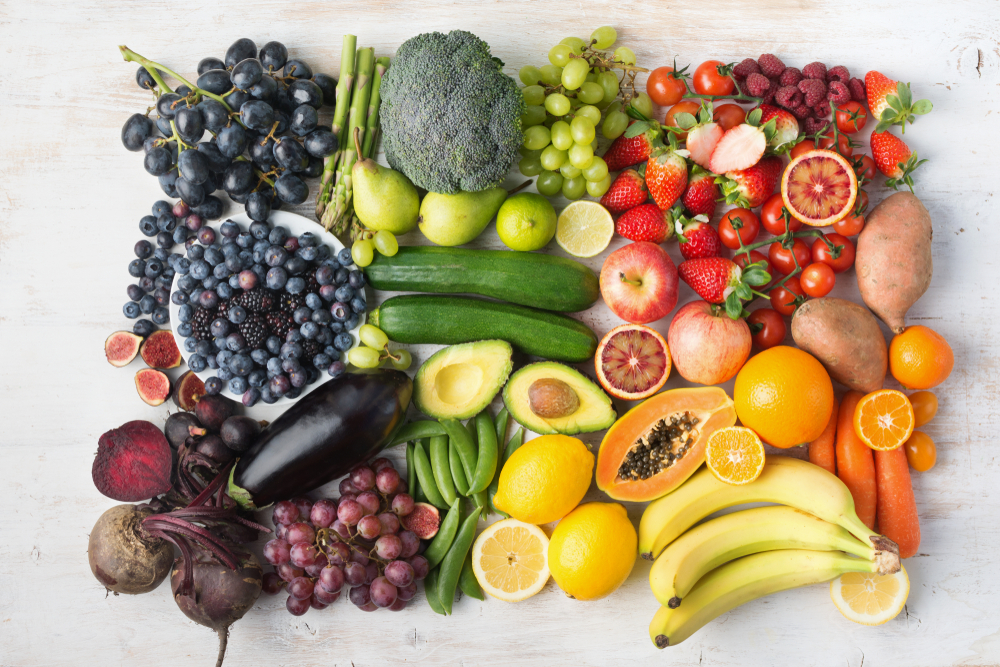
Boxing Day is traditionally the time when we eat ‘leftovers’ from Christmas Day, which may not sound too appetising! However, Boxing Day food can excite the taste buds and provide some great nutritional benefits too. Plus, you can have fun by adding some different flavours.
Clinical Nutritionist Suzie Sawyer shares her three top meals for a Boxing Day Bonanza!

Turkey Fricassee
Many of us like to carry on the ‘turkey tradition’ after Christmas Day. And if you’ve cooked a whole turkey, it’s more than likely you’ll have plenty left overs.
If you’ve spent hours in the kitchen on Christmas Day, you need a bit of a break, and this recipe is incredibly easy. Simply stir fry plenty of button mushrooms, add some flour, chicken stock and wine. Reduce the heat and stir in some double cream (crème fraiche is also great and less heavy on the stomach), add the turkey and heat through. Turkey fricassee can be served with rice (whole grain contains many more nutrients), pasta or mash. Then add a couple of vegetable sides of your choice.

From a nutritional perspective, this really delivers. Turkey has more protein than chicken and slightly less fat. And when there’s so little sunshine outside, then our vitamin D levels are going to suffer. Mushrooms provide some good amounts of vitamin D, although it’s still important to also be taking a supplement throughout the winter months.
Baked salmon fillet
If you’ve had a few turkey dinners leading up to and including Christmas Day, you might want something different for Boxing Day. Salmon might just be the answer and it certainly delivers nutritionally too. Salmon is one of the richest sources of the essential omega-3 fats. These super healthy fats help manage inflammation throughout the body and are great for the heart, brain, eyes, joints and hormones.
As salmon has quite a strong flavour, it doesn’t need too many extra flavours, and if you bake it in foil, it keeps deliciously moist too. I simply bake it with plenty of seasoning, some slices of lemon on the top and sprigs of fresh rosemary. Indeed, rosemary is one of my favourite herbs. It is not only a powerful antioxidant (one of the many reasons certain Mediterranean populations live to ripe old ages, where it features regularly in the diet), but research suggests it’s great for brain function and longevity too.

I would serve the salmon with some buttered greens and roasted new potatoes. Both these vegetables provide plenty of vitamin C to help support the immune system. Even better, this dish is quick to make so you don’t need to spend hours in the kitchen.
Bubble and Squeak Supreme
This is such a tradition foe me on Boxing Day, and I absolutely love it! Plus, if you’re vegan or just want a break from meat, then this dish is perfect and incredibly simple. Bubble and squeak can be the main event or used as a side dish.
Make sure you cook plenty of veggies on Christmas Day including Brussels sprouts, roast potatoes, carrots, parsnips, kale and swede. However, if you’ve had other green veggies on Christmas Day, or sweet potatoes, then they all work well too. Whilst most vegetables lose some of their nutritional benefits during cooking, you’re still going to be getting plenty of vitamin C, B vitamins, beta-carotene and magnesium with this dish. And whilst Boxing Day nutrition might not be foremost in your mind, it’s great to know the body is still getting some of the 45 nutrients it needs every day – more of which in the New Year!

Simply mash everything together, add some herbs such as fresh chopped rosemary or thyme, which are both great for the immune system, and cook with a little olive oil in the oven either as individual rounds or in one dish. Bubble and squeak works really well in an air fryer too – it comes out super crispy!
So go for less cooking, more nutrition and more time to enjoy Boxing Day fun!
FOR MORE GREAT NUTRITION AND LIFESTYLE ADVICE:
Sign up to receive our blog and get a weekly dose of the latest nutrition, health and wellness advice direct to your inbox.
For everything you need to know about vitamins, minerals and herbs visit our sister site Vitamin Expert – your essential guide to nutrition and natural health.
Follow us on Instagram @feelaliveuk for nutrition, lifestyle and well-being tips.
Visit us at www.feelaliveuk.com for the latest offers and exclusive Alive! content.
Follow and Chat with Suzie on Twitter @nutritionsuzie
All images: Shutterstock
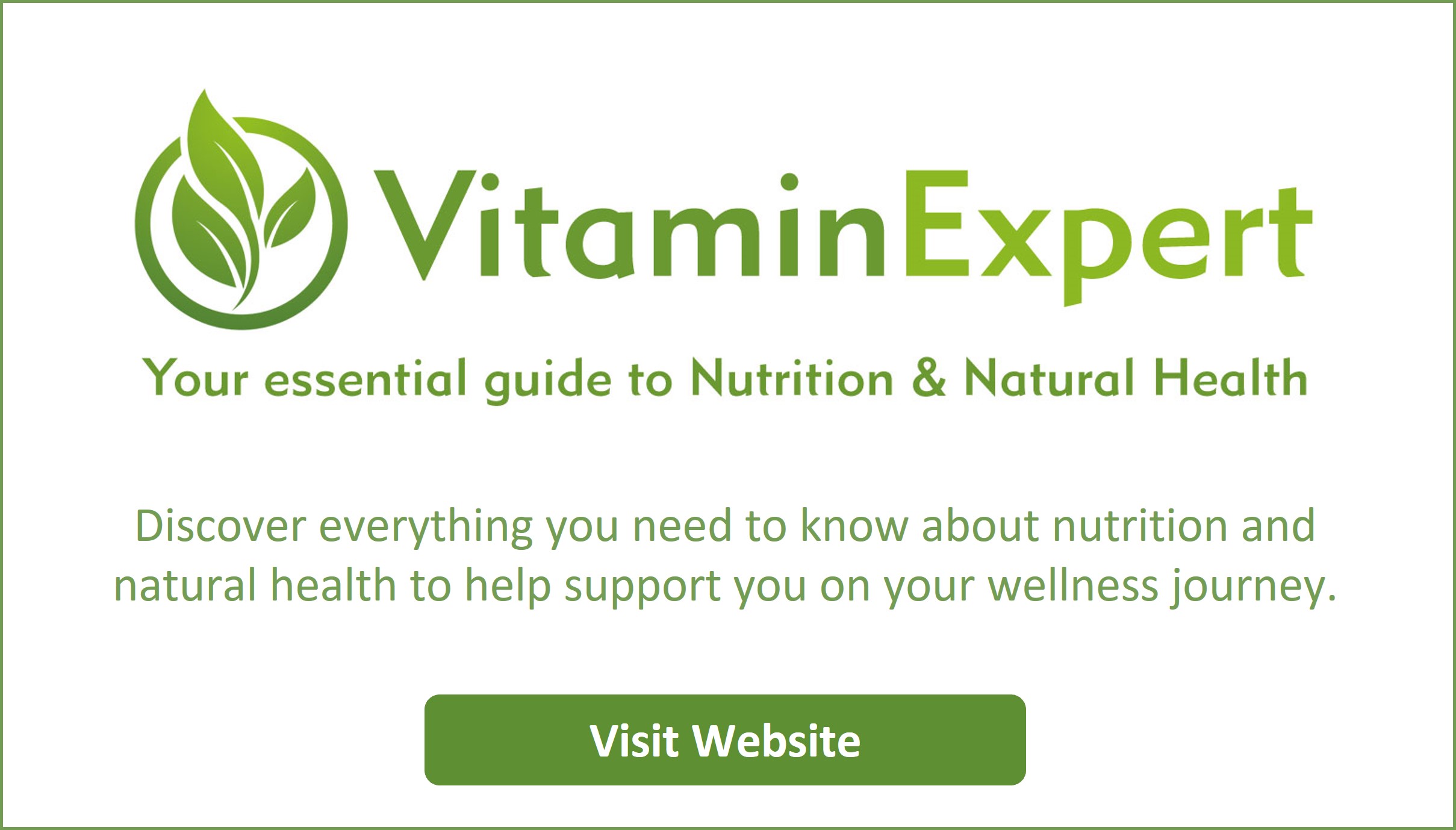








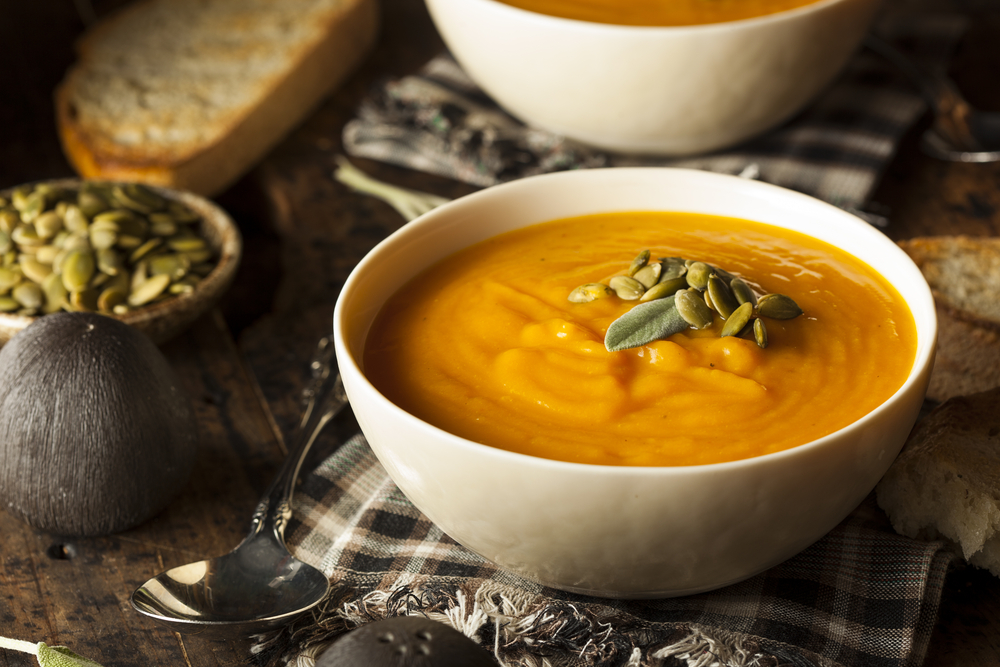



 Not only are Brussels packed full of immune-boosting vitamins and minerals, but they’re also loaded with soluble fibre which is great for gut motility and a healthy gut flora. Take my word for it, Brussels are never going to let your health down!
Not only are Brussels packed full of immune-boosting vitamins and minerals, but they’re also loaded with soluble fibre which is great for gut motility and a healthy gut flora. Take my word for it, Brussels are never going to let your health down! Pomegranates are very high in immune boosting
Pomegranates are very high in immune boosting  Just like onions and garlic, leeks support healthy blood flow and are therefore for the heart. Equally, they are great for efficient liver detoxification, are high in fibre also providing plenty of immune-boosting vitamin C plus
Just like onions and garlic, leeks support healthy blood flow and are therefore for the heart. Equally, they are great for efficient liver detoxification, are high in fibre also providing plenty of immune-boosting vitamin C plus  One of the most exciting health benefits that apples bestow is that they contain a compound called quercetin, which is supportive of the heart. However, research has now found that it’s possibly linked to some of our longevity genes, helping extend lifespan. How exciting!
One of the most exciting health benefits that apples bestow is that they contain a compound called quercetin, which is supportive of the heart. However, research has now found that it’s possibly linked to some of our longevity genes, helping extend lifespan. How exciting! Even better, as part of the same cruciferous vegetable family as Brussels sprouts, kale contains sulphoraphane, which is a powerful antioxidant which helps cancel out free radicals, providing amazing protection for the body. Additionally, sulphoraphane is a powerful anti-inflammatory which will have positive health benefits throughout the body.
Even better, as part of the same cruciferous vegetable family as Brussels sprouts, kale contains sulphoraphane, which is a powerful antioxidant which helps cancel out free radicals, providing amazing protection for the body. Additionally, sulphoraphane is a powerful anti-inflammatory which will have positive health benefits throughout the body.
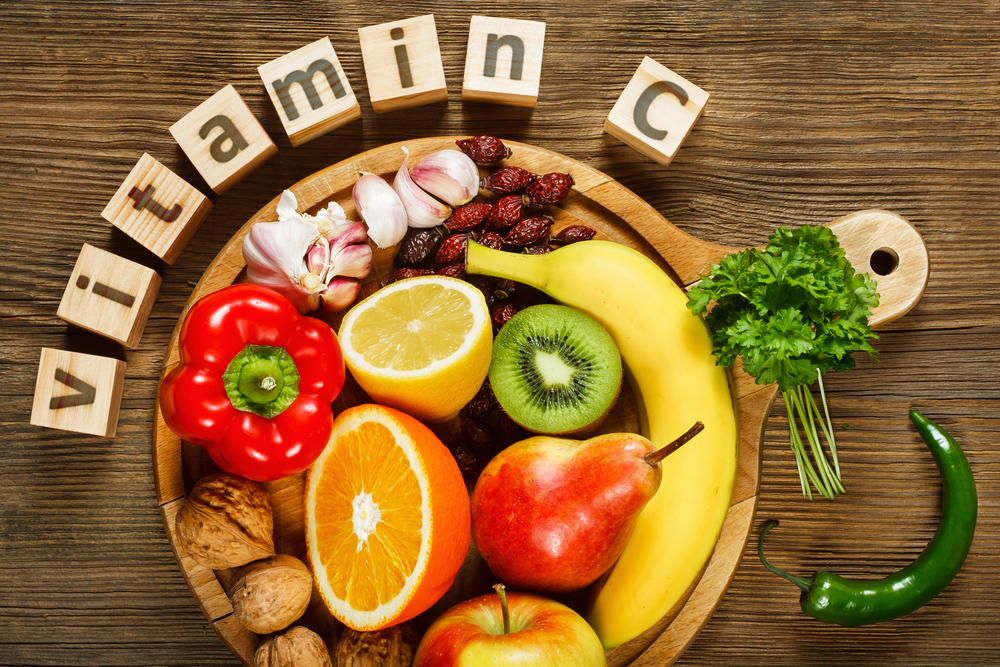
 At this time of year, the richest sources are broccoli, spinach, kale, oranges, tomatoes, peas and kiwi. All root vegetables, which are in season now, are also great sources. Why not prepare some warming soups which include as many veggies as possible; it’s a great and easy way of getting more vitamin C into the body.
At this time of year, the richest sources are broccoli, spinach, kale, oranges, tomatoes, peas and kiwi. All root vegetables, which are in season now, are also great sources. Why not prepare some warming soups which include as many veggies as possible; it’s a great and easy way of getting more vitamin C into the body.
 The best source is from the sunlight, and whilst it still needs to be converted into the active form, more can be stored in the body: which leaves a massive problem during the darker winter months. Supplementation is key (Government guidelines are to take a supplement of at least 10 micrograms daily) but many people need much more than this. Supplements of vitamin D3 are readily available in all health food shops.
The best source is from the sunlight, and whilst it still needs to be converted into the active form, more can be stored in the body: which leaves a massive problem during the darker winter months. Supplementation is key (Government guidelines are to take a supplement of at least 10 micrograms daily) but many people need much more than this. Supplements of vitamin D3 are readily available in all health food shops.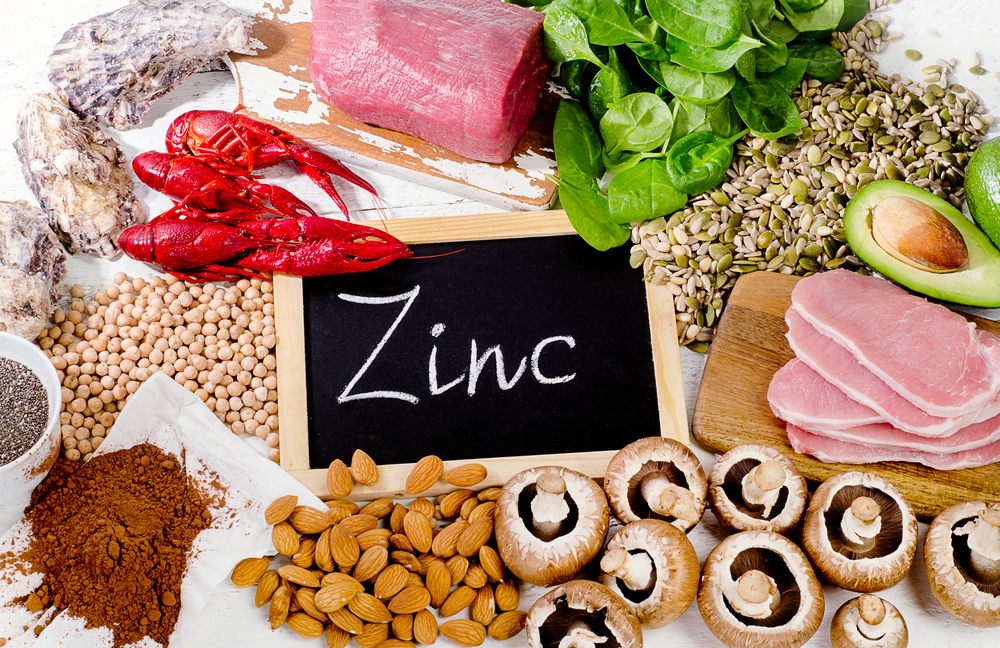
 You’ve probably heard the words, but you may not be too sure of the differences or what they do.
You’ve probably heard the words, but you may not be too sure of the differences or what they do. 
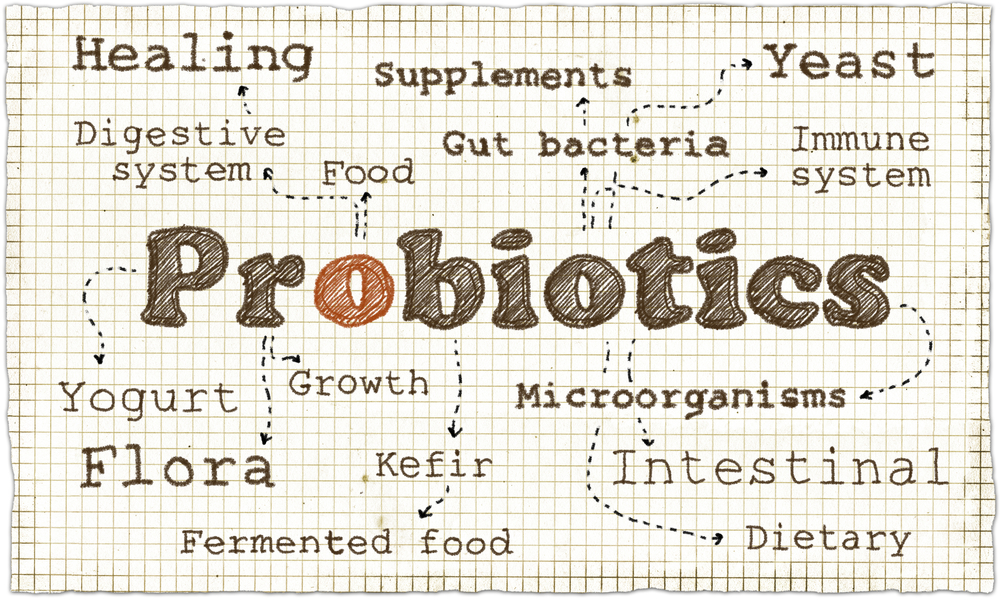










 There are plenty of carotenoid-rich foods around at this time of year including spinach, kale, pink grapefruit, sweet potatoes, broccoli, and carrots. Try to include at least one in your diet every day during the winter months. And the carotenoids also protect against sun damage, so eating more of these foods now can help to protect you through the summer months too.
There are plenty of carotenoid-rich foods around at this time of year including spinach, kale, pink grapefruit, sweet potatoes, broccoli, and carrots. Try to include at least one in your diet every day during the winter months. And the carotenoids also protect against sun damage, so eating more of these foods now can help to protect you through the summer months too. Countries located in the Northern Hemisphere who lack sunshine, such as the UK, all have populations that are equally deficient. And, whilst a sunny holiday can certainly boost levels, because the body can store it, high factor sun cream can block its absorption and we simply don’t get enough Vitamin D throughout the year.
Countries located in the Northern Hemisphere who lack sunshine, such as the UK, all have populations that are equally deficient. And, whilst a sunny holiday can certainly boost levels, because the body can store it, high factor sun cream can block its absorption and we simply don’t get enough Vitamin D throughout the year.







